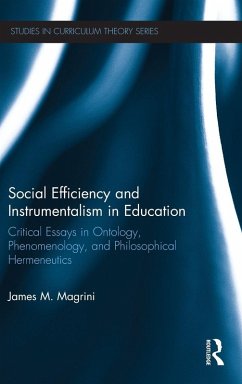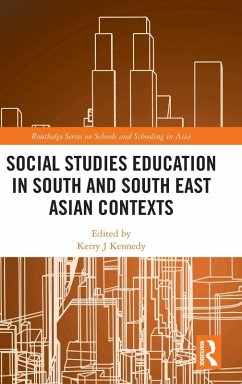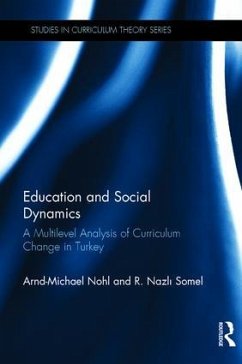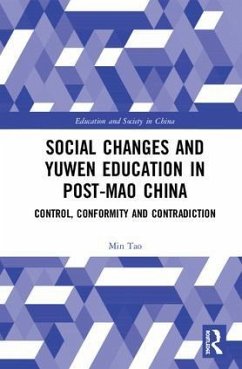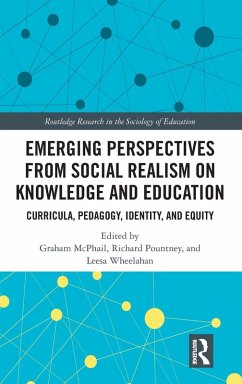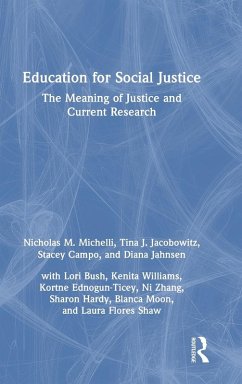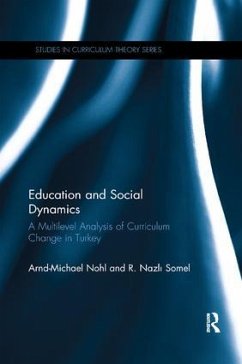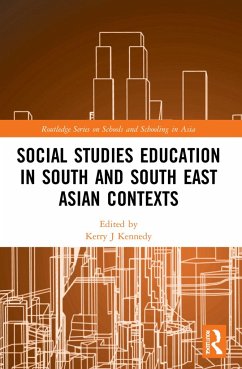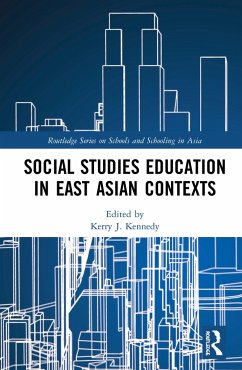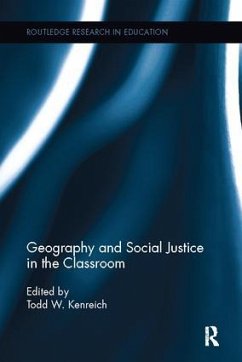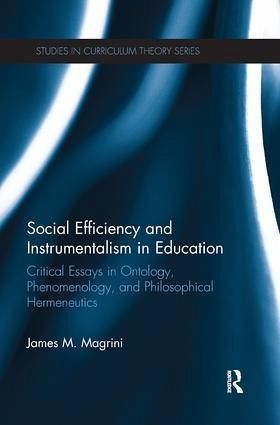
Social Efficiency and Instrumentalism in Education
Critical Essays in Ontology, Phenomenology, and Philosophical Hermeneutics
Versandkostenfrei!
Versandfertig in 1-2 Wochen
51,99 €
inkl. MwSt.

PAYBACK Punkte
26 °P sammeln!
Distinct among contemporary philosophical studies focused on education, this book engages the history of phenomenological thought as it moves from philosophy proper (the European phenomenological-hermeneutic tradition) through curriculum studies. It thus presents the "best of both worlds" for the reader; there is a "play" or movement from philosophy proper to educational philosophy and then back again in order to locate and explicate what is intimated, suggested, and in some cases, left "unsaid" by educational philosophers. This amounts to a work on education-philosophy that elucidates, throug...
Distinct among contemporary philosophical studies focused on education, this book engages the history of phenomenological thought as it moves from philosophy proper (the European phenomenological-hermeneutic tradition) through curriculum studies. It thus presents the "best of both worlds" for the reader; there is a "play" or movement from philosophy proper to educational philosophy and then back again in order to locate and explicate what is intimated, suggested, and in some cases, left "unsaid" by educational philosophers. This amounts to a work on education-philosophy that elucidates, through various permutations within the unique foci of each essay, the general phenomenological theme of the fundamental ontology of the human being as primordial learner. Reflecting his experience as scholar, teacher, and perennial learner, the author suggests how research in phenomenology might prove beneficial to the enhancement of both the theoretical and practical aspects of education; readers are invited to envision education as far more than merely a means by which to organize an effective learning experience in which knowledge is assimilated and skill sets are efficiently imparted, but rather as a holistic and integrated process in which knowing, acting, and valuing are original ways of Being-in-the-world.





